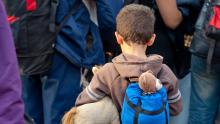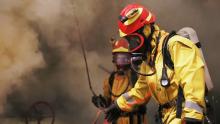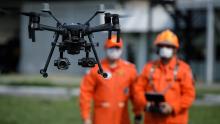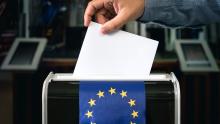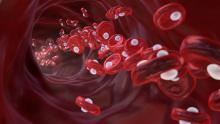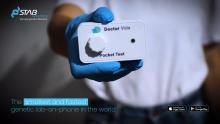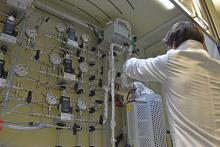Why quantum states of matter remain unknowable

For decades, physicists have struggled to find and classify exotic phases of matter. Now, the EU-funded GAPS project has shown that the properties of some quantum states are impossible to predict. The findings have already led to the discovery of a new phase of matter, offering citizens new materials and technologies.

